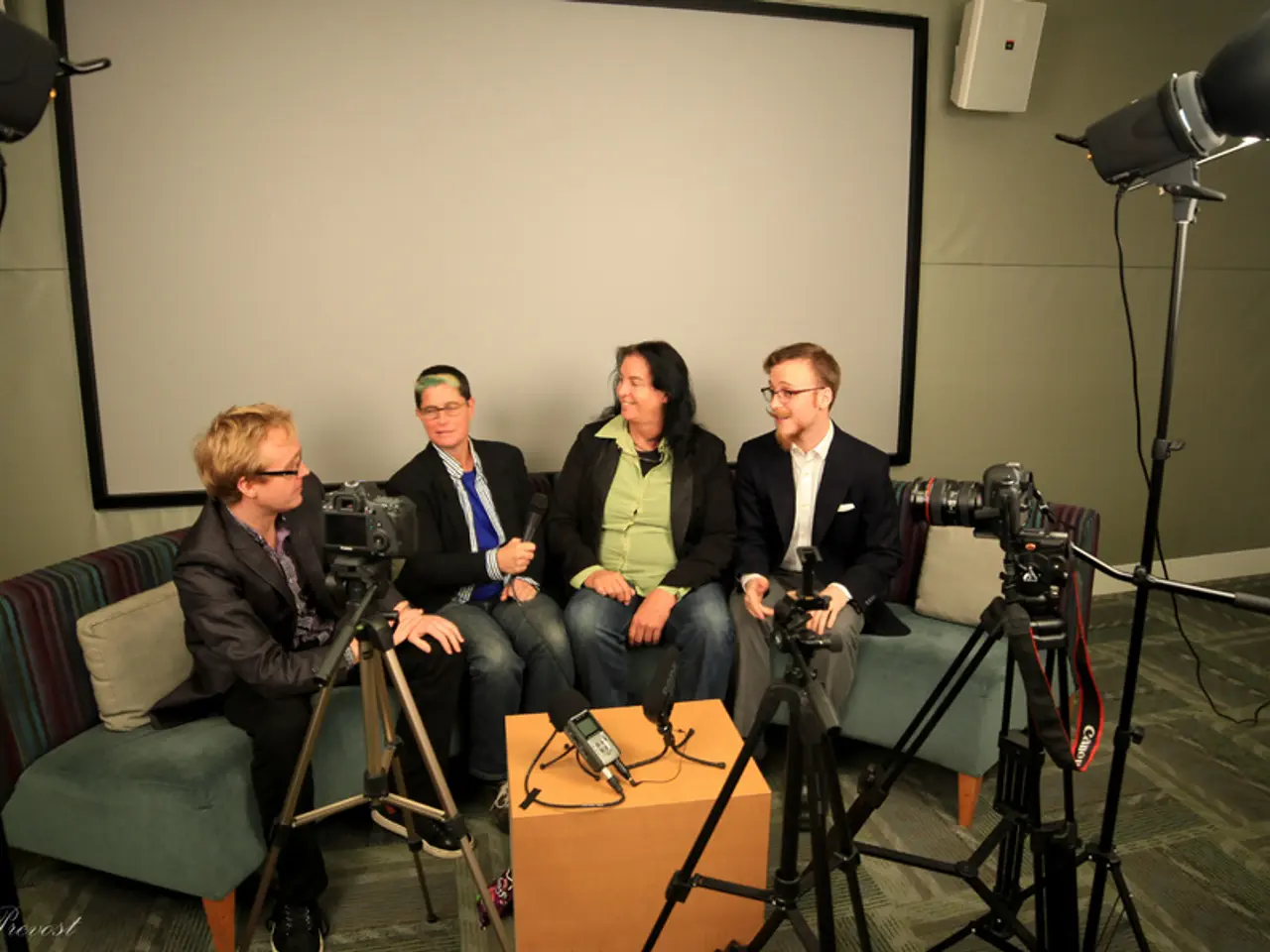Boosting Coalition's Potential and Performance Through Local Training Sessions
In the realm of community development, effective coaches play a pivotal role in guiding coalitions towards positive change. These community coaches build relationships marked by trust and rapport, recognising every voice and community asset, and possess skills such as active listening, cultural competence, conflict resolution, networking, goal setting, and problem solving.
One of the key attributes of community coaches is their ability to listen more than they talk, providing coalition members with the time and space to think about the best course of action. This approach fosters an environment where ideas can flourish and solutions can be carefully considered.
So, why might a coalition choose to bring in a community coach? Reasons can vary, but often include loss of momentum, discouragement and negativity, rapidly changing communities, new leadership structures, increased emphasis on impact, increased return on investment, and a desire to enhance a coalition's efforts to mobilize individuals around community change.
Community coaches focus their attention on coalition processes such as group dynamics, structure, and efficiency, rather than the content of the coalition's work. They employ a range of techniques to facilitate community change and development, including creating safe and inclusive environments for dialogue, using structured facilitation methods that balance creativity with focused outcomes, and employing tools to move groups from conversation to action.
Common techniques include brainstorming to generate fresh ideas, setting clear agendas to align group focus, breaking the ice to build comfort, delegating roles to encourage participation, establishing ground rules for respectful interaction, and scheduling breaks to maintain engagement. More structured methods like The Circle Way promote inclusion and mutual trust, Appreciative Inquiry shifts focus from problems to possibilities, and Liberating Structures offer micro-techniques to engage all voices and spark creativity in groups.
These techniques aim to balance maintaining structure and goals with adapting to what emerges in the moment, supporting groups in collaborative problem-solving and empowerment. Coaching often supports facilitators in building confidence and selecting appropriate tools while fostering leadership for sustainable community change.
Community coaches encourage coalition members to reflect on group functions, goals, and priorities, and to design interventions for positive change. They may attend meetings, participate in subcommittee meetings, or communicate regularly with coalition leaders via email or phone.
A unique aspect of community coaching is the Six Rs of Community Coaching, a series of questions designed to explore various topics with coalition members. These topics include readiness, relationships, reflection, results, reach, and resilience. For example, a coach might ask, "Is the coalition ready for community change?" or "How will the coalition leave a lasting impact in the community?"
It's important to note that community coaching is distinct from facilitation and technical assistance. Community coaches do not guide coalitions to predetermined outcomes or advocate for specific actions. Instead, they help a coalition focus conversations, explore possibilities for group action, establish goals and objectives, develop action plans, recognise and celebrate success, and transition from a needs-based approach to a strengths-based approach.
For those interested in learning more about community coaching, resources are readily available. The Asset-Based Community Development Institute, Coalitions Work, the University of Kansas Community Tool Box, and the University of Wisconsin-Extension Program Development and Evaluation offer valuable insights and guidance. Additionally, "Vision to Action: Take Charge Too," a publication by Iowa State University, covers community assessment, vision development, action planning, and evaluation.
In conclusion, community coaching provides a powerful change strategy for coalitions seeking to increase their capacity and effectiveness. By fostering collaboration, empowerment, and reflection, community coaches help coalitions navigate the complexities of community change and development, ultimately leading to more sustainable and impactful outcomes.
- Community development and rural development can greatly benefit from the incorporation of a community coach, as these professionals can help coalitions navigate issues such as loss of momentum, changing communities, and increased emphasis on impact.
- To ensure successful community-led health-and-wellness initiatives, it's crucial for coalitions to embrace evidence-based strategies like science, active listening, and the Six Rs of Community Coaching, which aim to balance structure with adaptability, encouraging collaborative problem-solving and empowerment.




